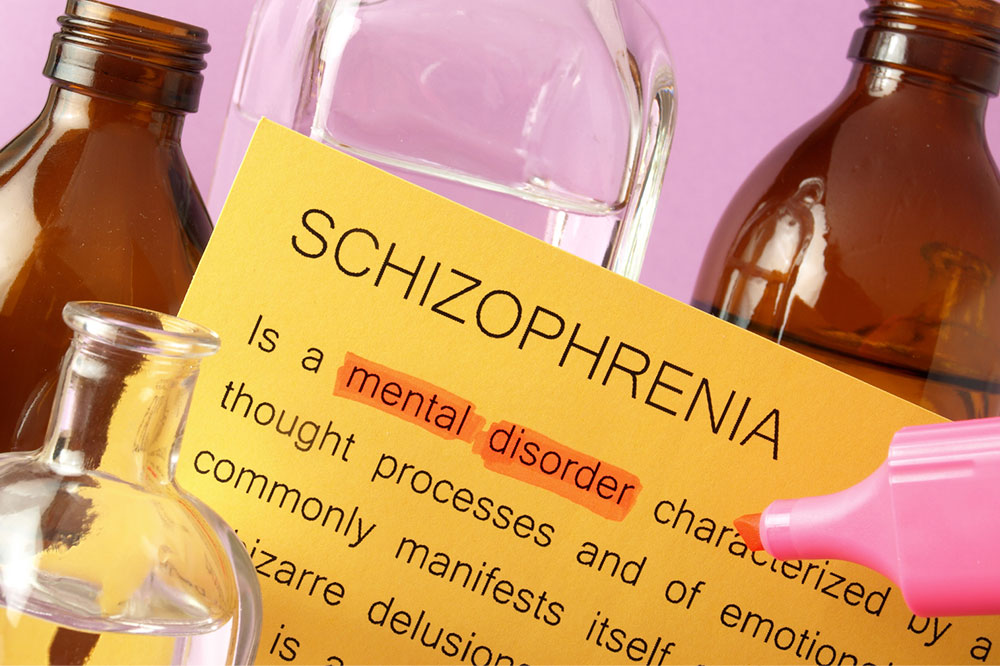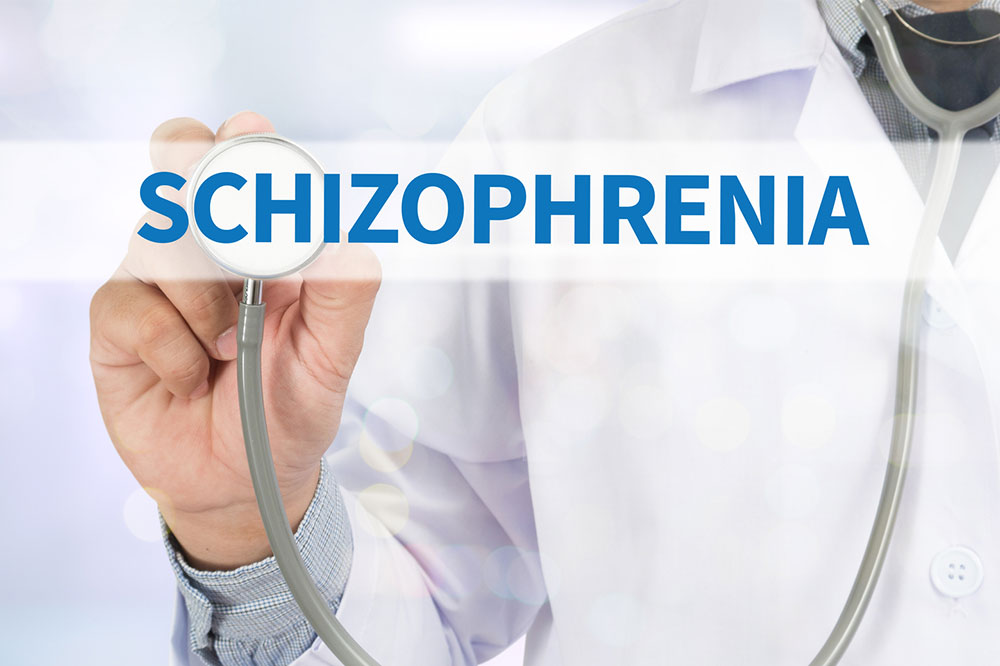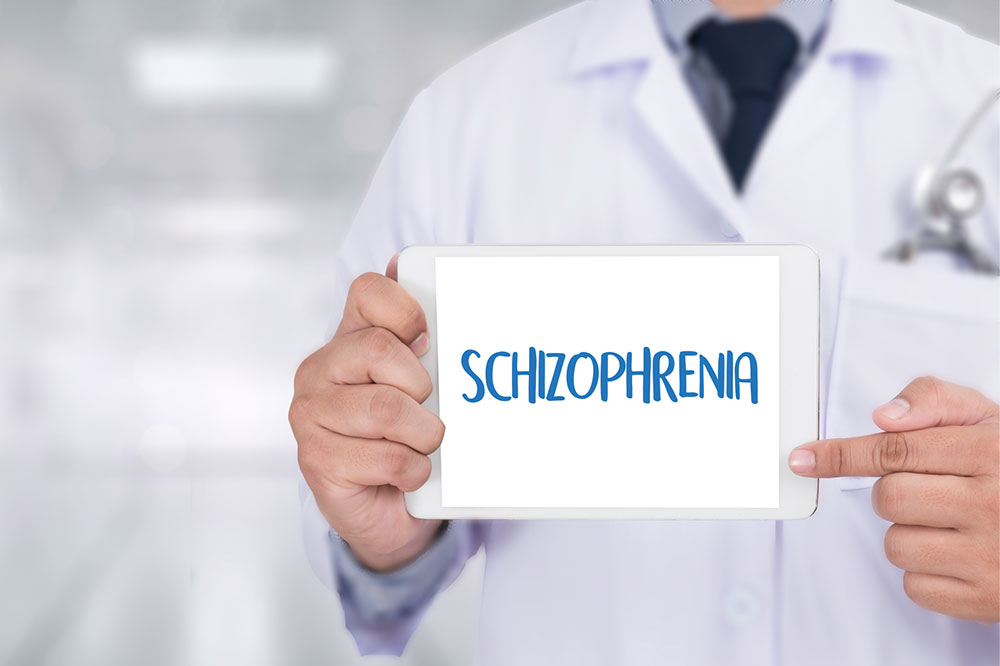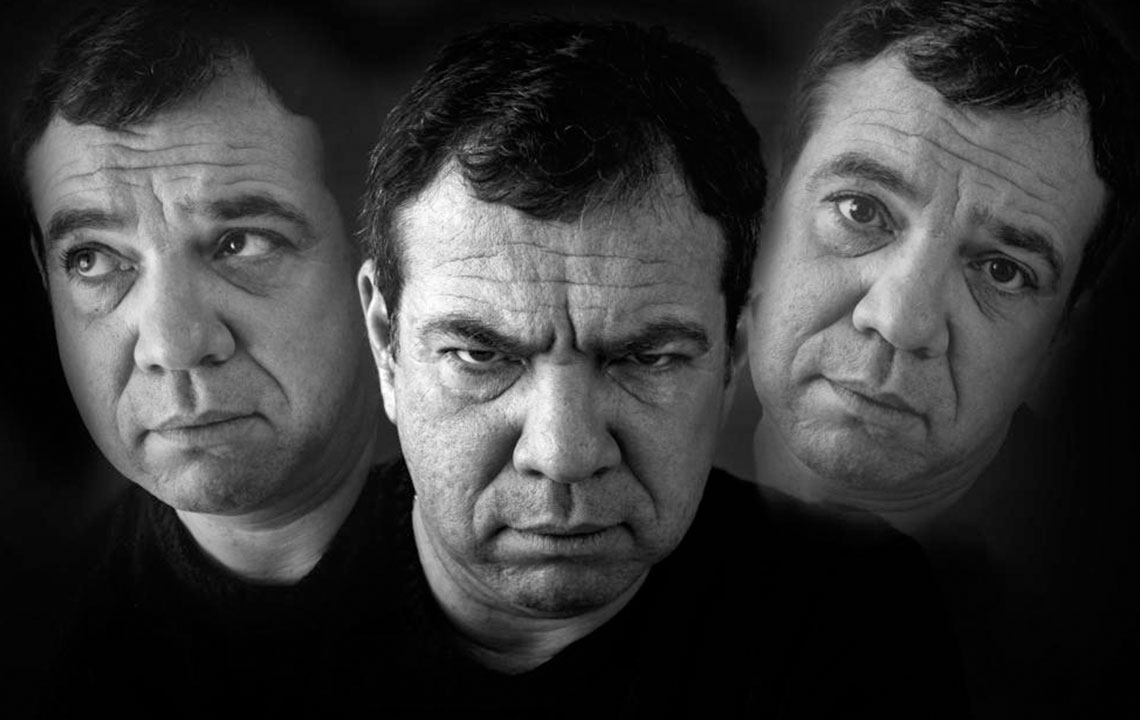Understanding Schizophrenia: Causes, Symptoms, and Management
Schizophrenia is a complex mental disorder affecting about 1% of people worldwide. Characterized by hallucinations, delusions, and social withdrawal, it often begins in late adolescence or early adulthood. While incurable, it can be managed effectively with medication, therapy, and support services. Understanding its causes, symptoms, and treatment options is essential for improving quality of life for those affected and their families. Current research includes advanced neurological therapies like DBS, promising potential breakthroughs. Proper management helps reduce symptoms and enhances daily functioning.

Understanding Schizophrenia: Causes, Symptoms, and Management
Schizophrenia is a serious mental health condition that influences how individuals think, feel, and interpret reality. Common signs include hallucinations, delusions, and paranoia, which can lead to social withdrawal. Approximately 1% of the world's population is affected by this disorder.
While schizophrenia has no known cure, it can be effectively managed with a combination of medication and therapy. It often develops in late adolescence or early adulthood, affecting men earlier than women, whose symptoms typically appear in their twenties or thirties.
Key symptoms of schizophrenia include:
Delusions: False beliefs that can disrupt daily life, such as feeling persecuted or believing in extraordinary abilities.
Hallucinations: Sensing things that aren’t present, like hearing voices or seeing things that don’t exist.
Disorganized speech: Incoherent or unrelated conversations, sometimes with nonsensical word combinations.
Abnormal movements: Unusual gestures, agitation, or repetitive behaviors that hinder routine tasks.
Negative symptoms: Reduced emotional expression, monotone speech, social withdrawal, and neglect of personal hygiene.
Diagnosis involves physical examinations and medical tests to rule out other conditions. If symptoms persist for over six months, a diagnosis of schizophrenia is considered.
Causes of Schizophrenia
While the exact cause remains unknown, research indicates biological factors play a significant role. It’s not linked to personal faults or parenting. Factors influencing its development include:
Genetics: A family history increases risk; for example, having a parent with schizophrenia raises the chance to around 10%.
Brain abnormalities: Structural differences in the brain may trigger schizophrenia, though not all affected individuals show these abnormalities.
Environmental influences: Factors such as cannabis use, stress, viral infections, and major hormonal changes during adolescence can contribute, especially in those genetically predisposed.
Managing Schizophrenia
The main goal of treatment is symptom control and preventing relapses. Antipsychotic medications are commonly prescribed to reduce hallucinations and delusions. Coordinated Specialty Care (CSC) combines medication with therapy, social services, and support for employment or education, often involving family participation.
Psychosocial therapies enhance attention, problem-solving, and social skills, improving daily functioning. Hospitalization may be necessary for severe symptoms like suicidal ideation, and treatments like Electroconvulsive Therapy (ECT) are options when medications are ineffective. ECT uses electrical impulses to improve mood and cognition, usually administered every few weeks. Current research is exploring Deep Brain Stimulation (DBS), a neurological method involving electrode implants targeting specific brain regions to alleviate symptoms in severe cases.










